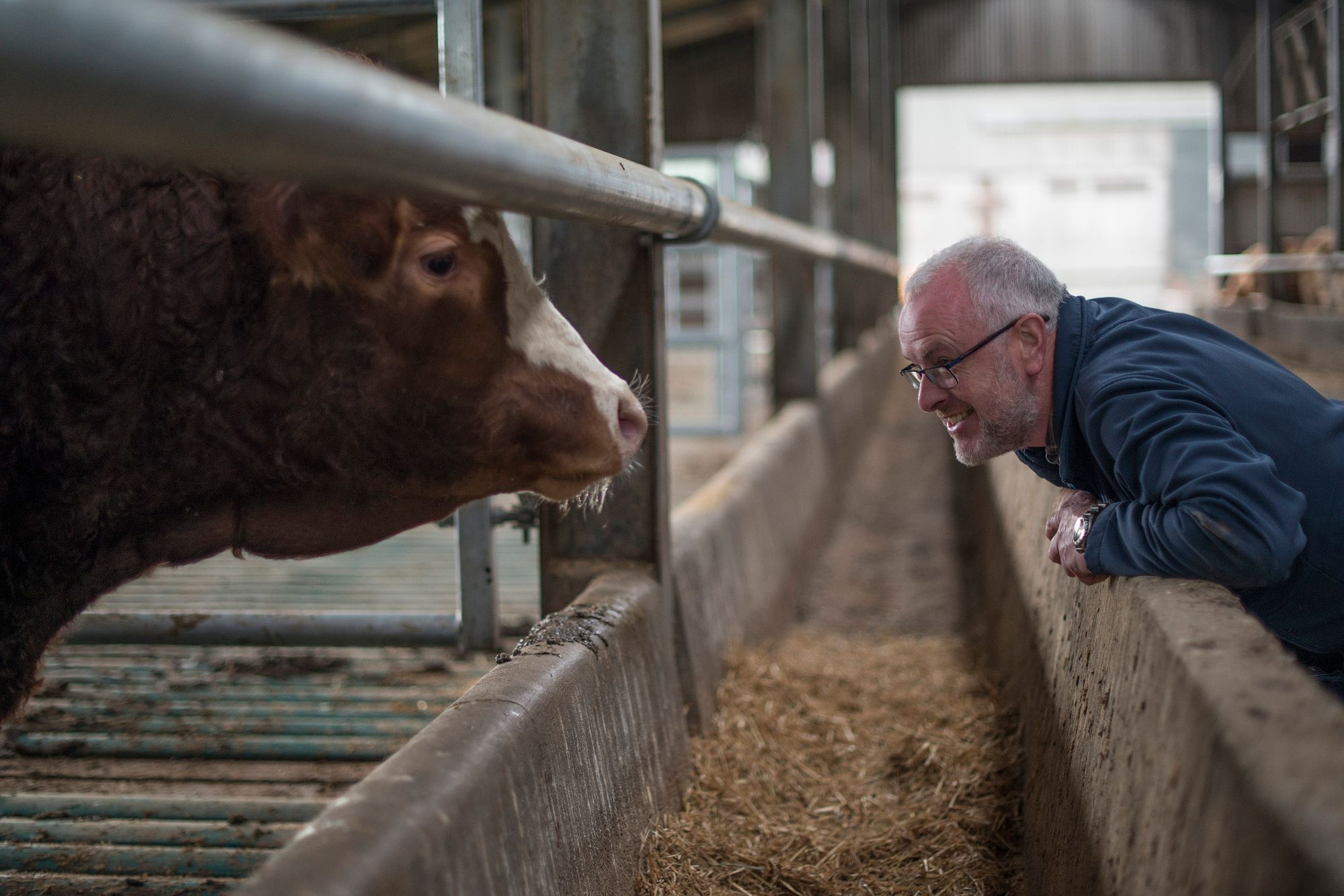Consumers Make Informed Choices About Animal Welfare While Shopping
Animal wellness refers to the quality of life experienced by the animal and how the animal is coping with its current situation and surroundings.
Today’s socially conscious consumers are increasingly giving serious thought and concern to where their food comes from and how it was produced. This is very clear in grocery store aisles, where shoppers prefer to buy meat, eggs, and other sustainable and ethically sourced items. But what do the labels “treated humanely,” “ethically treated” or “cage-free” really mean?
The good news is that they typically mean that your grocer and the food processors and farms that supply their products are working to make sure the food consumers buy and eat is produced and raised with animal rights in mind. For decades, NSF experts have worked to advance animal interests and served as a key resource for animal advocates worldwide.
“Proper labeling shows that they have selected animal welfare-certified products from producers who agree there is no room for animal cruelty and who are committed to following rigorous standards for animal welfare,” says Dr. Elaine Vanier, a veterinarian and the Animal Welfare Program Lead for NSF.
Consumers want to understand what all of this means to them. Are their foods produced in a more environmentally friendly way? That’s where NSF comes in.
How It Works
- Our experts work with food suppliers who make the humane treatment of animals a top priority.
- Auditing, certification and verification include humane handling practices, which are critical to the health and wellness of animals. These practices must be in place at every step from birth to slaughter. The animals are kept free of pain, and they are fed and housed appropriately.
- NSF provides certification against the Global Food Safety Initiative (GFSI) benchmarked standards, the Raised Without Antibiotics standard and the Business Benchmark on Farm Animal Welfare (BBFAW), and QAI, an NSF company, certifies products to the USDA’s organic regulations, which include animal welfare practices.
Dr. Vanier Offers These Tips on How To Identify Humanely Raised Animal Products
- Ask questions. Your grocer, deli/meat retailer or supermarket should be able to explain the policies they have for animal welfare and wellness and how they communicate them to their suppliers.
- Look for labels that specifically indicate the humane treatment of animals.
- Visit your store’s website and look for their statements and policies about animal wellness.
- You can also look for more information from industry associations (like the BBFAW) about the different kinds of third-party audits and certifications for animal welfare and animal wellness.
Dr. Vanier sums up the importance of consumers, suppliers, supermarket owners, NSF and other organizations working together, using the words of Temple Grandin: “I think using animals for food is an ethical thing to do, but we’ve got to do it right. We’ve got to give those animals a decent life, and we've got to give them a painless death. We owe the animal respect.” Grandin designed the humane handling systems used at more than half of the cattle-processing facilities in the world.
Animal Welfare and Wellness
Looking for More Information on Animal Welfare?
Contact us with questions or to receive a quote.
Related Posts

From Farm to Food: Why It’s Important to Care About Animal Welfare

Foodstuffs: How To Store and Heat Leftovers Safely

Kitchen Cleaning 101: Your Ultimate Guide to Optimum Kitchen Cleaning

Keeping a Clean Home, Especially When You Share It With Your Pet
How NSF Can Help You
Get in touch to find out how we can help you and your business thrive.

What’s New with NSF

Healthy People Living on a Healthy Planet: The Future We’re Working For
April 4, 2024
American Meat and Egg Distributors Now California-Ready with NSF’s Prop 12 Certification
April 3, 2024
2024 GFSI Conference - Meeting the Needs of our Evolving World
March 20, 2024
